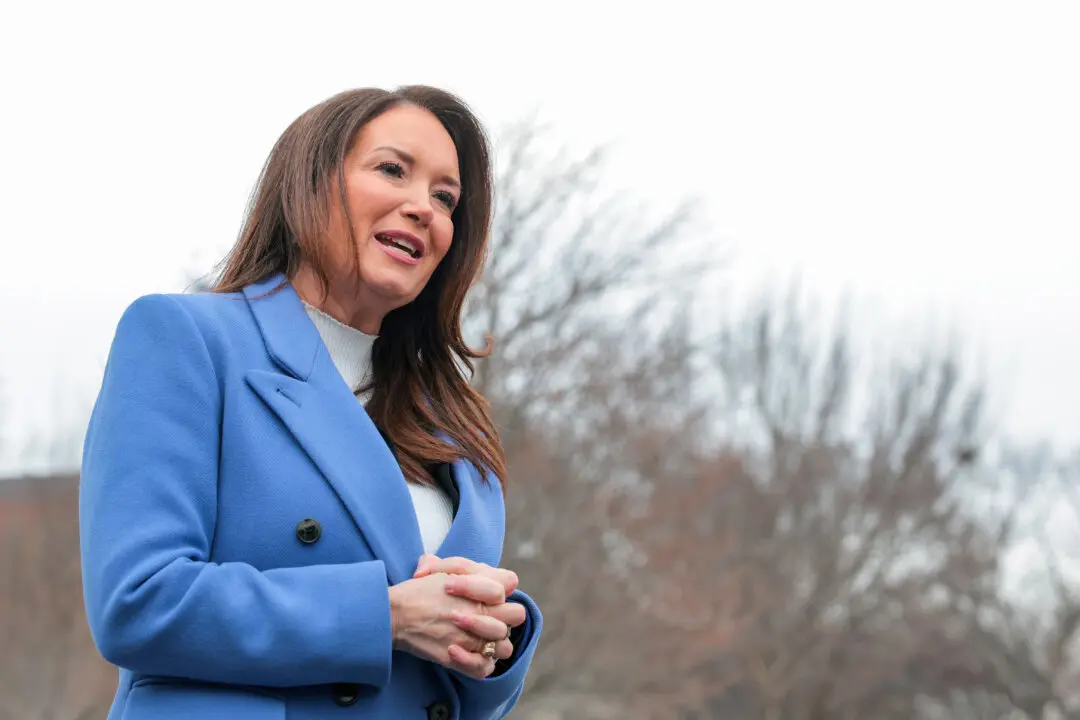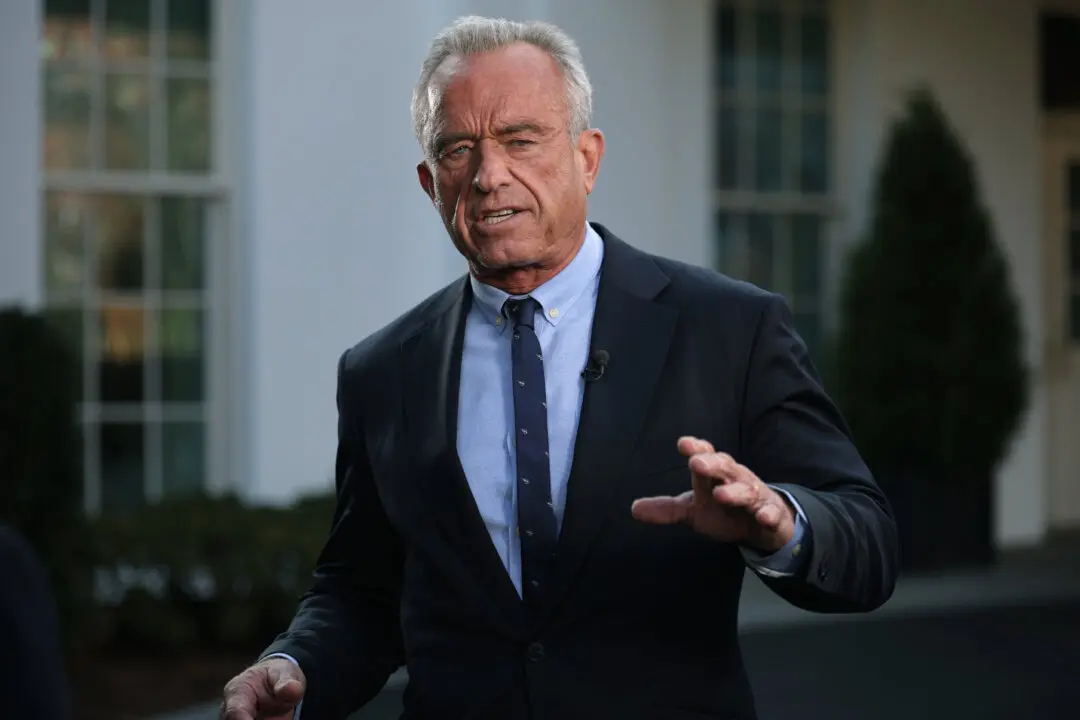The Senate on March 4 advanced President Joe Biden’s $1.9 trillion COVID-19 relief plan, with Vice President Kamala Harris providing the tiebreaking vote.
All Republicans voted against beginning the debate on the plan, while all Democrats, including two nominal independents, voted for it. That left the decision up to Harris, the president of the upper chamber.





